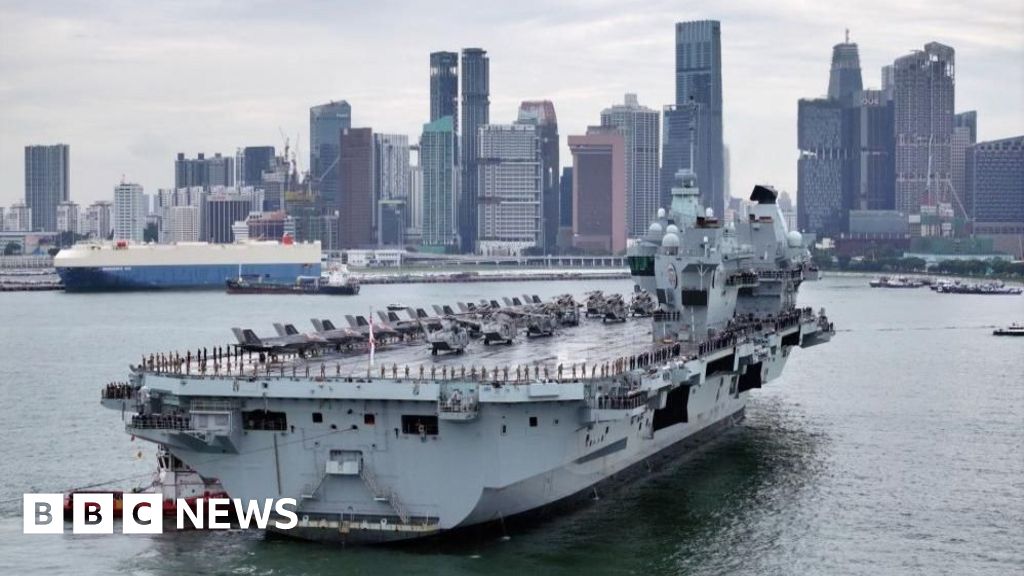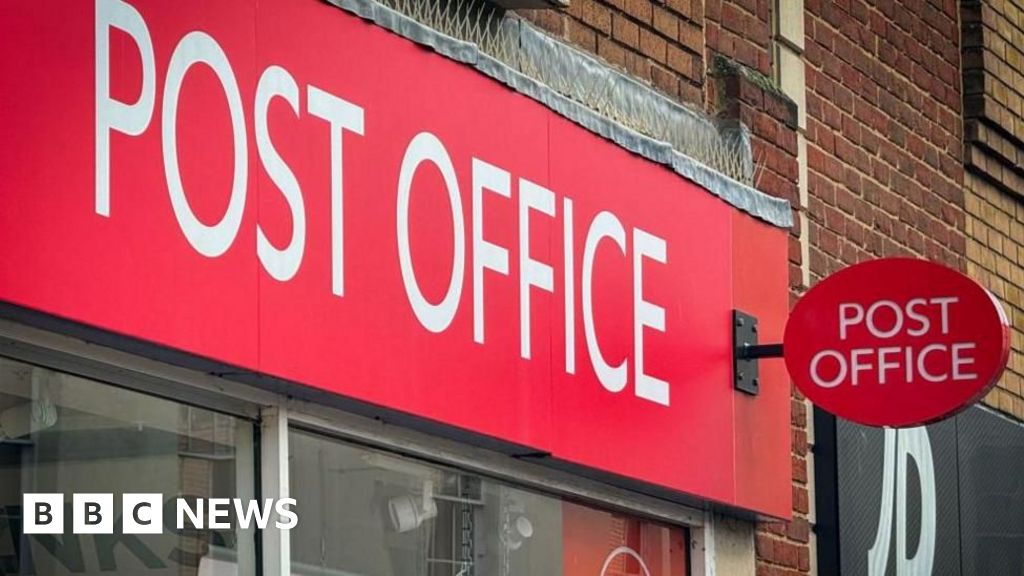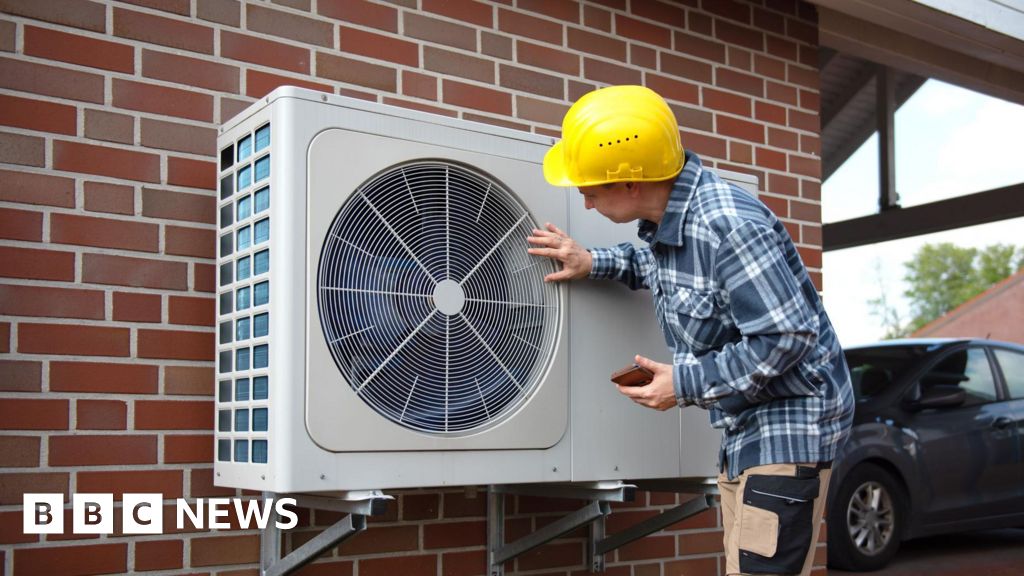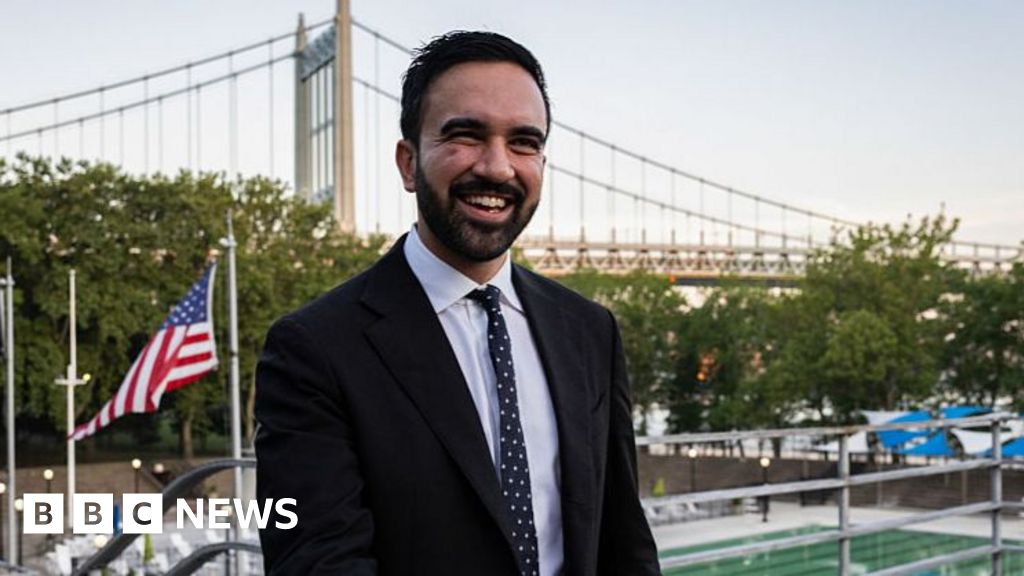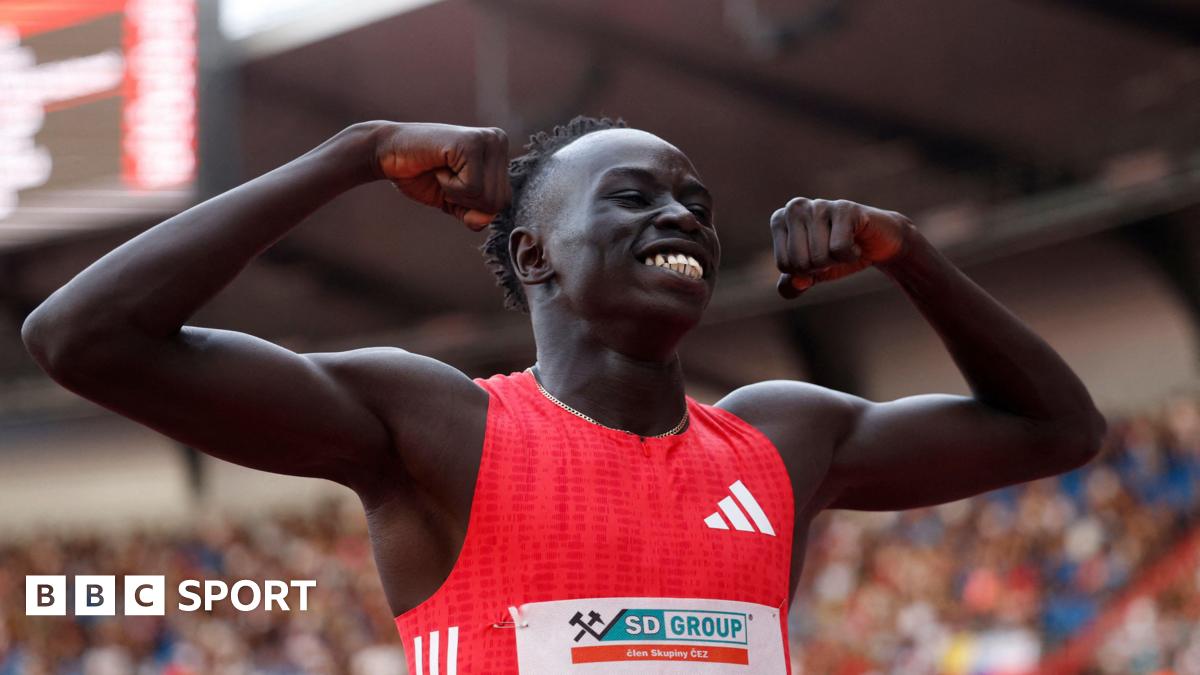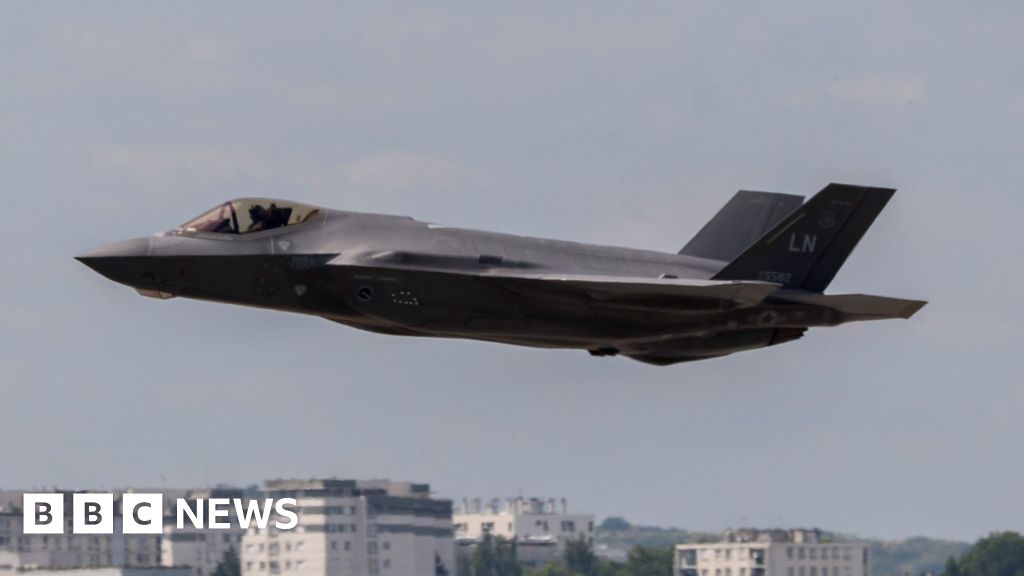Reporting from Beersheba, southern Israel
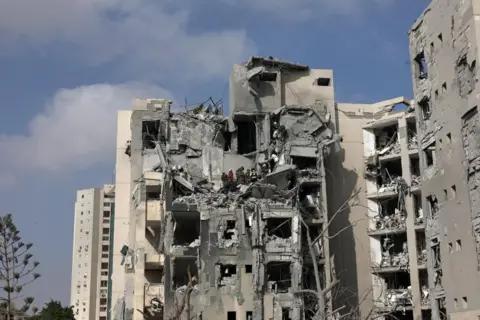 EPA
EPAShortly before a ceasefire between Iran and Israel was due to take effect, residents in the southern Israeli city of Beersheba were woken early on Tuesday by the sound of missile alarms on their phones.
"Extreme alert," the message read, warning of an imminent strike. Then the sirens sounded in the streets.
Like others, Merav Manay and her family headed into their safe room - a secure part of their apartment built of reinforced concrete with a heavy metal door and designed to protect against rocket attacks.
When the Iranian missile hit, they felt the building move and covered their heads with their arms.
"It was so strong that we thought it was the end," she said.
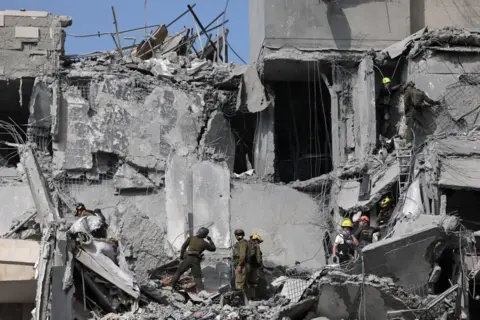 EPA
EPAWhen they emerged, the windows at the front of their flat had shattered across the floor from the missile blast. But they were safe.
Merav stayed in the flat for several hours, frightened of what she would see outside.
Just across the road, a block not dissimilar to hers had been directly hit and partially collapsed.
Four people were killed there. The spokesman for the southern Home Front Command told the BBC that they too were inside safe rooms when their building took a direct hit.
After the strike, Israeli medics and military personnel rushed to Beersheba to rescue survivors and recover remains. Volunteers and local residents swept the shattered glass from the streets.
"I hope this is the end," one man told the BBC as he surveyed the damage.
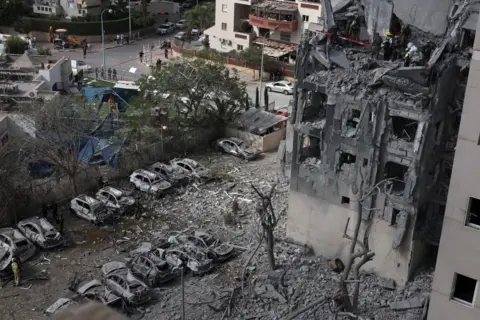 EPA
EPAIsrael and Iran both confirmed after the Beersheba strike that they had agreed to a ceasefire, but then accused each other of violating it.
As Beersheba's residents dealt with the shock and the damage to their community, they also questioned whether the fragile truce would hold.
On Tuesday afternoon, Oren Cohen, 45, stood among debris in his garden, overlooked by the block that was struck. He said he could not bring himself to look at it.
"I was worried about my kids so only now am I starting to realise what happened here," he said.
Oren was with his wife and three children - aged eight, 12 and 15 - when the strike hit, and said the reinforced window flew open on the impact of the blast.
As he spoke, a group of volunteers in fluorescent vests arrived to help with the clean-up.
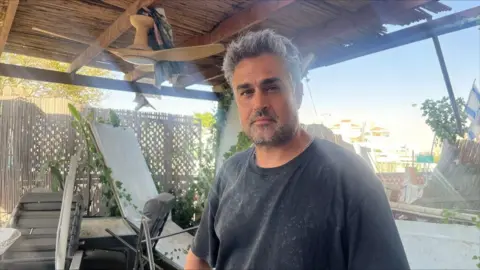
Even after being directly affected, Oren said he supported Israel's strikes on Iran that marked the beginning of the 12-day conflict.
"I think that we had no other choice," he said. "We do what we have to do to protect ourselves."
He said he didn't know if he could "count on" the ceasefire but trusted the Israeli government to know when it had achieved its goals.
As Merav left her home on Tuesday for the first time to assess the damage in her community, she too said she believed Israel had had no choice but to strike Iran.
"It would have happened sooner or later. We were prepared for this," she said.


